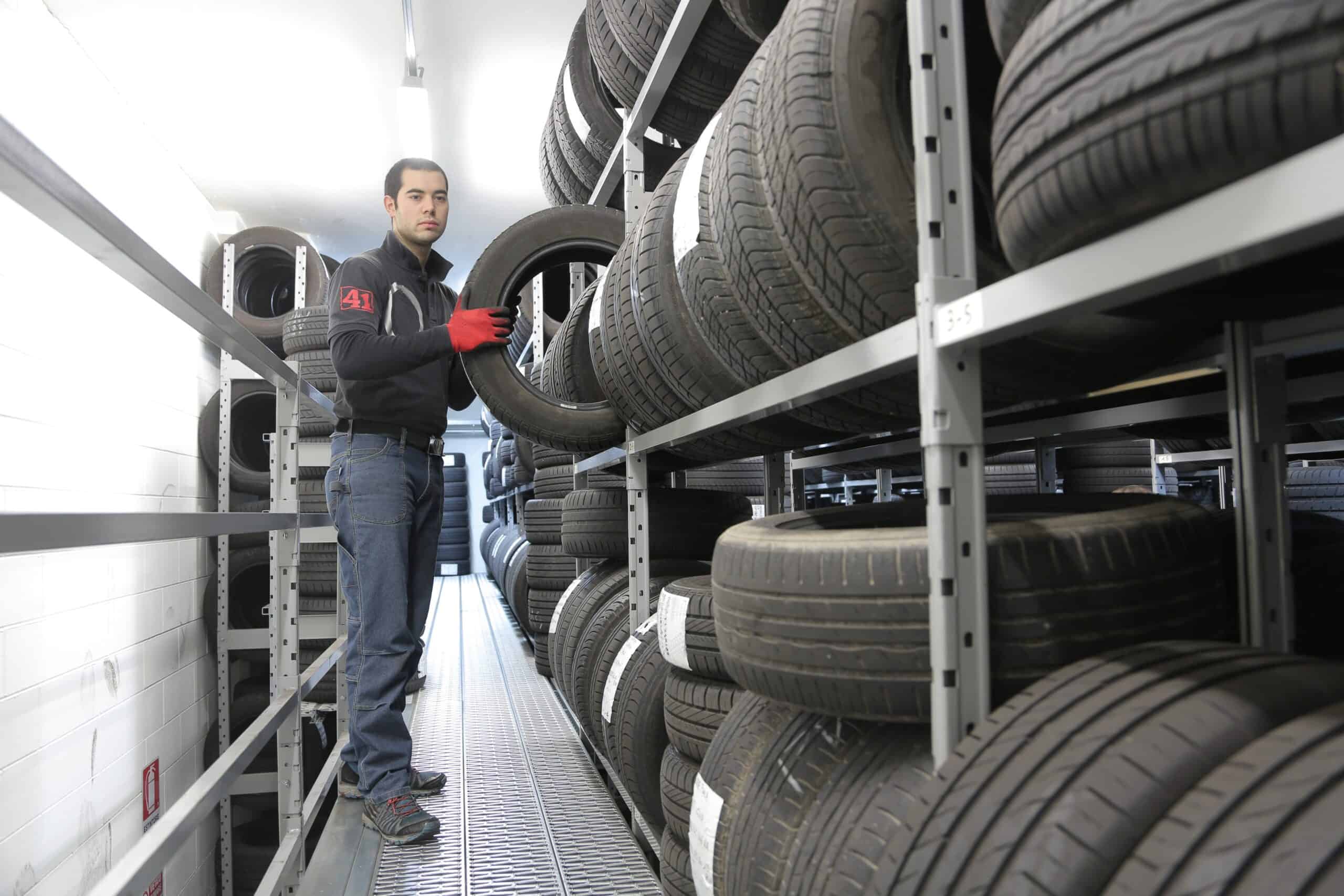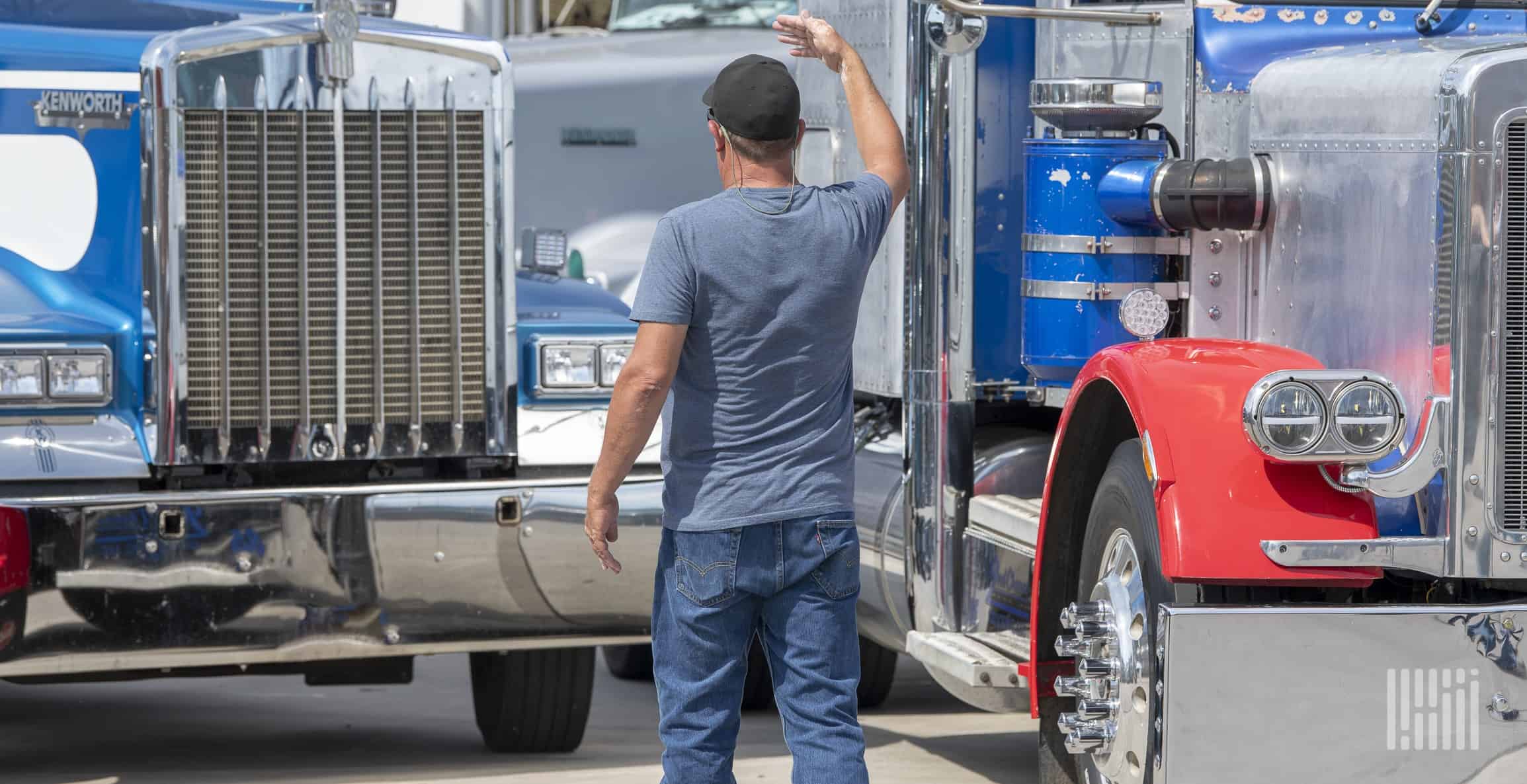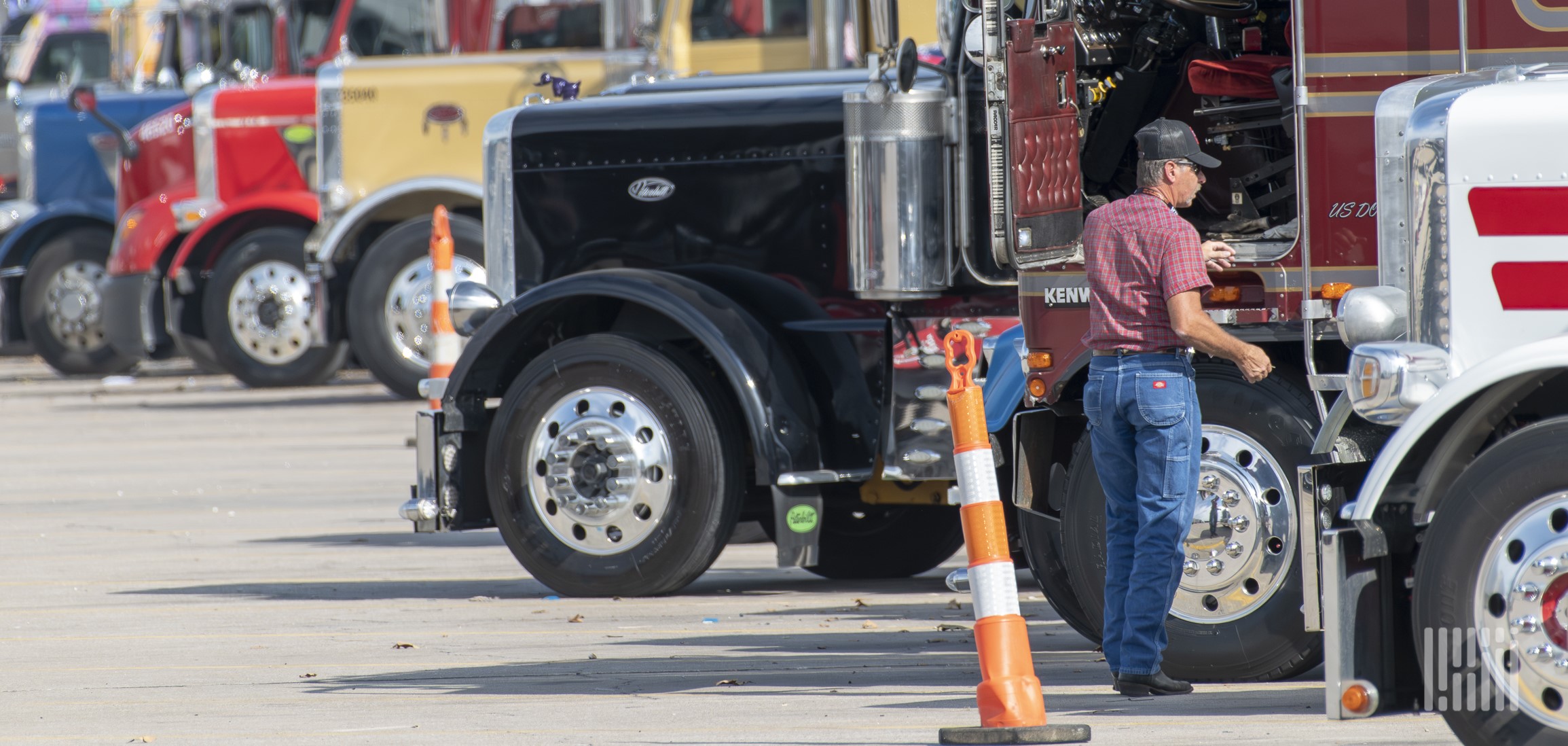CDL insurance is a vital requirement for commercial truck drivers throughout the country. Both major carriers and individual owner-operators must meet the FMCSA’s minimum commercial auto insurance requirements.
This is for the safety of the drivers, the carriers, and everyone else on the road. Vehicles that require you to have your CDL are not your everyday vehicles. Truck drivers have fairly dangerous jobs. Keep yourself protected and ease your mind with the right commercial auto insurance coverage.
What Is the Average Cost of Commercial Truck Insurance?
With many factors affecting every driver differently, the average cost of insurance can vary greatly. Your age and level of driving experience, how far you drive, what you haul, how much your truck is worth, your credit history, and more could all affect how much you pay for commercial auto insurance.
For example, leased owner-operators, can often be in the range of $1,500 to $2,000 per year. An owner-operator with their own operating authority will likely pay closer to $9,000 to $12,000 per truck per year. Not surprisingly, newer drivers are likely to pay even more, often in the range of $12,000 to $16,000 each year. Keep in mind, these ranges can be much broader depending on the coverage needed.
Do CDL Drivers Get Cheaper Insurance?
Cheap is never a good term to use when referring to insurance. Whether driving for personal or business reasons, ensuring you are covered in case of an accident is crucial.
CDL insurance is far from cheap, but there are great values out there that can deliver the coverage and peace of mind you both need and deserve. While low-cost CDL insurance isn’t common, there are factors to consider that may allow for a lower payment.
Many insurance companies offer discounts if you pay in full versus monthly payments. While it is a greater lump sum upfront, it can save you a decent amount in the long run. Bundling insurance is also an option with many insurance providers.
See what insurance coverage you need and what you can bundle together. Always be sure to check your coverage amounts, while lower coverage means lower protection, you may not always require the greatest coverage amount for every type of commercial auto insurance you need.
Also, many insurers require at least 2 years experience with a CDL. On top of the discounts you will get from insurance companies that will accept newer drivers, you could also be eligible for quotes from other insurance companies once you have at least 2 years experience
Ensuring your experience is free of issues is important as well, keep your driving record clean and you’ll see lower rates as time goes on. Read a few great tips on how to find the most affordable commercial auto insurance here.
What Kind of CDL Insurance Do Truck Drivers Need?
If you’ve recently begun your career as a CDL truck driver, commercial auto insurance is a necessity. If you are a trucker with your operating authority, you are responsible for your insurance coverage and policies.
If you are a leased owner-operator, the company or carrier you drive for will likely cover primary liability and cargo insurance. This will leave you to still obtain proper coverage for the many other types of insurance to ensure your truck, trailer, and load is continually protected.
Whatever the case and no matter if you are driving for yourself or a company, keeping yourself and your vehicle covered is a responsibility you don’t want to take lightly.
Are Truckers Required to Have Insurance?
Absolutely. CDL truck drivers are required by the FMCSA, or Federal Motor Carrier Safety Administration, to meet minimum coverage requirements. These vary and can be found here.
The person who is responsible for gaining the coverage will depend on who has the operating authority. Learn more about what it takes to become an owner-operator here and make sure you’re always covered.
What Is the Minimum Trucking Insurance and Who Is Exempt?
The FMCSA’s minimum requirements for CDL insurance vary. Two main factors are the type of driver and the type of load. What you are hauling plays a major part in the amount of coverage you are required to have.
Those hauling goods are often required to have coverage ranging from $750,000 to $5,000,000. Anyone who is looking to transport passengers will see a coverage range requirement of $5,000,000 to $1,500,000. Freight forwarders may be exempt from certain commercial auto insurance requirements, but you can figure out which type of coverage you require here.
What Is Included in CDL Insurance for New Drivers?
With insurance, it seems there is always a lot of fine print. Be sure to keep yourself protected with the right CDL insurance coverages.
Liability Insurance
Liability insurance covers damage to another’s property in an accident when you are at fault. The FMCSA typically requires a minimum coverage limit of $750,000 to $1,000,000.
Physical Damage
Physical damage covers damage done to your truck. There are two parts of this coverage, including collision coverage and comprehensive coverage.
Collision Coverage
Collision coverage covers damage caused by an accident or roadside collision.
Comprehensive Coverage
Comprehensive coverage will cover damage that is incurred outside of collisions or accidents. These could include damage caused by weather or animals, theft, vandalism, etc.
Cargo Insurance
Cargo insurance is commonly required by a carrier or company. This covers damage that could be caused to the goods you are transporting.
Refrigeration Breakdown Coverage
This covers loss of goods being transported due to a malfunctioning refrigeration unit.
Non-Trucking Liability
Protects from liability claims when a truck is not in use for business, with a trailer attached or not.
Bobtail Insurance
This type of commercial auto insurance coverage protects once a load has been delivered and you do not have a load attached.
Loading and Unloading Coverage
When you are loading and unloading your trailer with goods, there could be a gap in cargo insurance coverage. The loading and unloading coverage helps to ensure you and your load are protected through every process.
Debris Removal
Debris removal keeps you covered in case of an accident. If your cargo spills, this coverage covers the removal and clean up.
Combined Deductible
A combined deductible can help ease your financial burdens in case of a major accident. Without this, you would be required to pay for each separate insurance deductible. Combining deductibles allows you to pay a single amount.
Umbrella or Excess Liability Insurance
Another option to help keep you protected is umbrella insurance. This type of coverage helps cover any costs that may exceed your normal coverage. This does not cover gaps, but rather would help from being underinsured.
Trailer Interchange Insurance
This insurance covers any physical damage for non-owned trailers if you have a written trailer interchange agreement. This means that if you are driving the last leg of a shipment and you are using an exchanged trailer, this insurance will cover the trailer while you are responsible for it. This covers the trailer from damage by theft, vandalism, fire, collisions, or explosions.
Loss Mitigation
Any additional loss you might experience after an accident can be covered by loss mitigation insurance.
With the Right Coverage Comes Peace of Mind and Protection
When you’re a new truck driver and you’re shopping around for CDL insurance, it can easily become overwhelming. Don’t go down the rabbit hole without the proper resources. Knowing what type of coverage you require is a great place to start.
With a trusted list of some of the best commercial auto insurance providers, you can put yourself on a good path as well. See that list here. Holding the right insurance and proper coverage will help benefit you in your career as a CDL truck driver. You never want to regret having too little coverage–too late.




